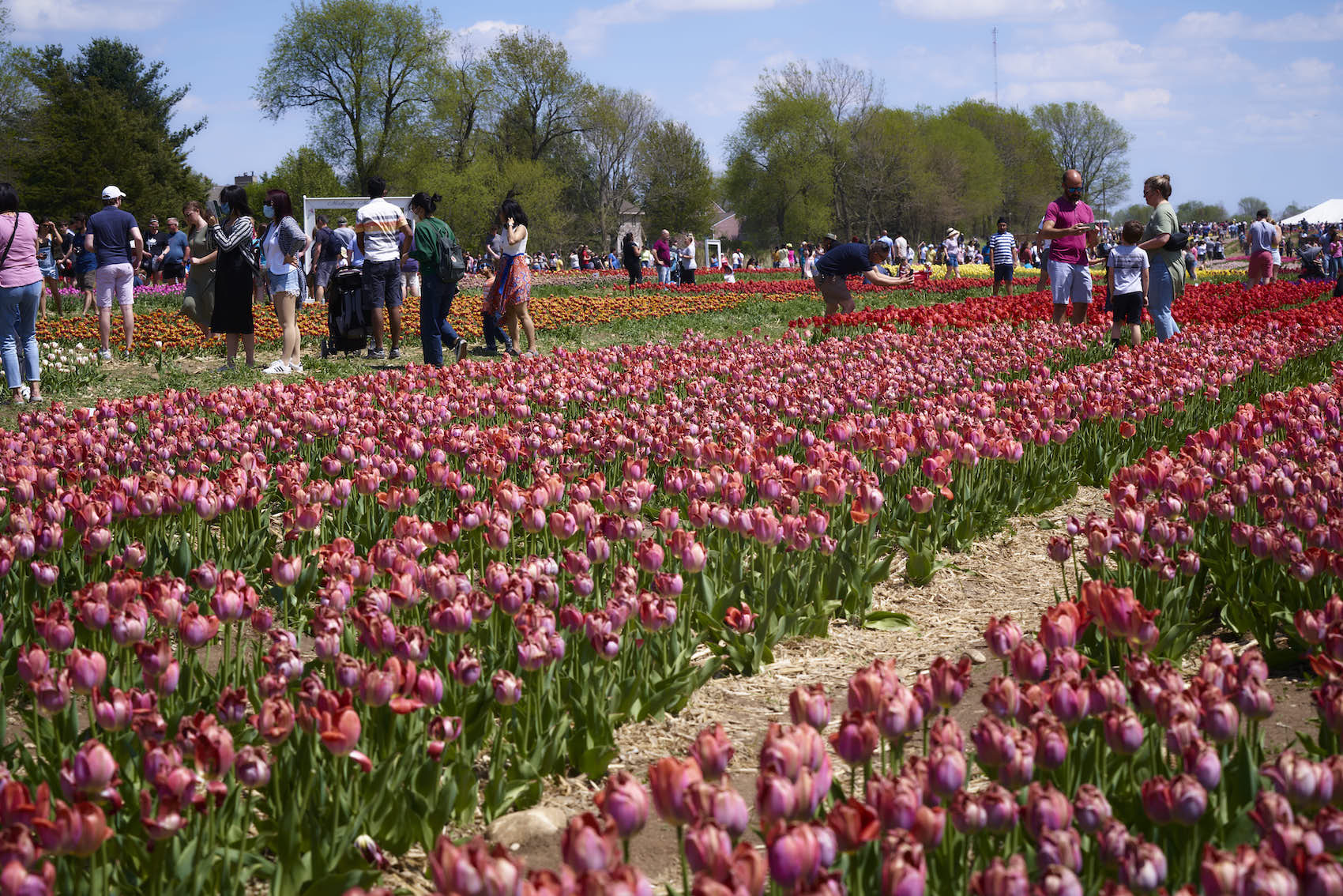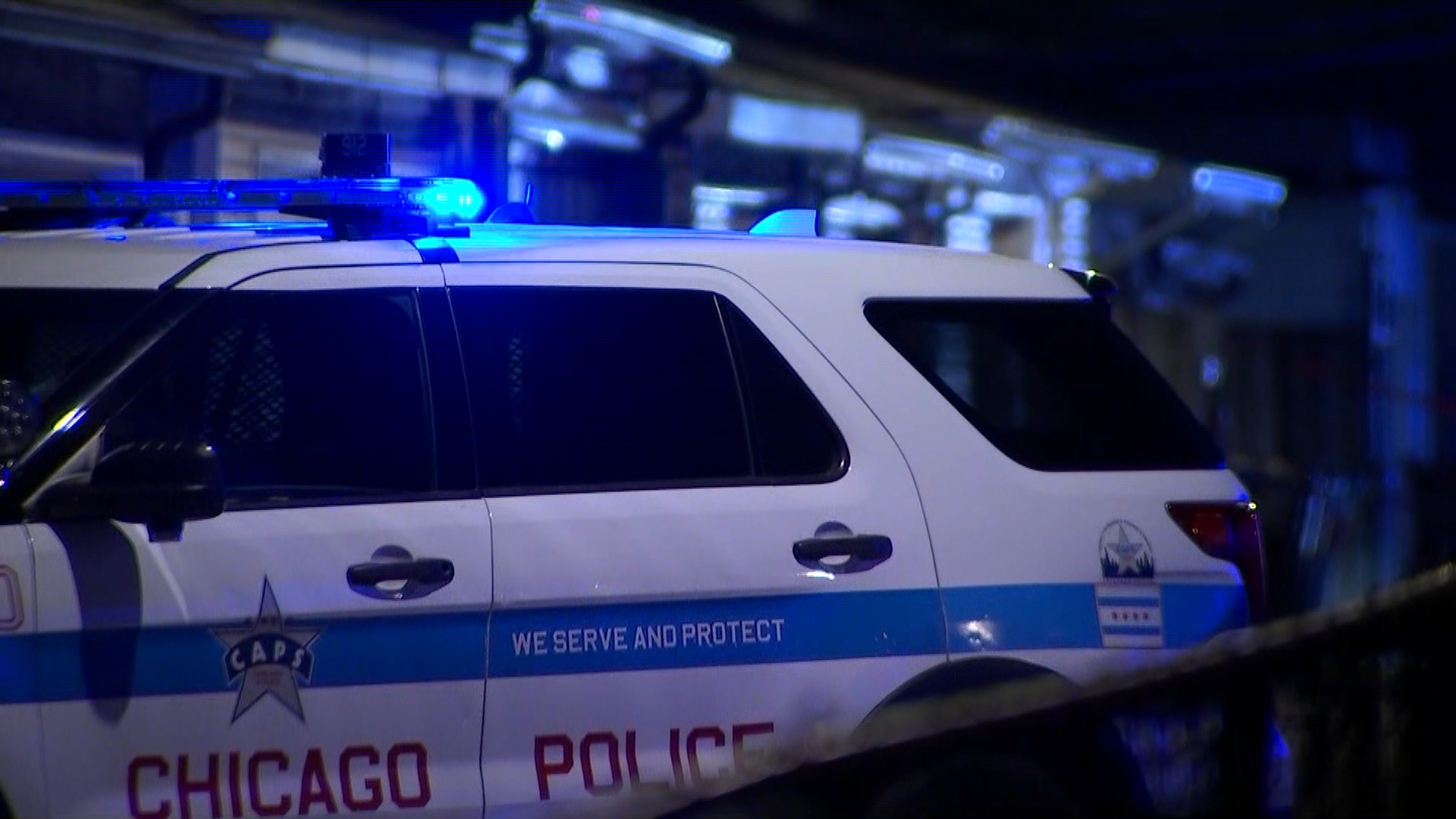The West Loop business owners that depend on Blackhawks crowds remain a bit traumatized by the winter labor lockout that cut the National Hockey League season in half and slashed their game-day sales of beer, food and merchandise by 20 percent or more.
"It was kind of sad to be on Madison Street," recalled Christina Lemperis, whose family runs The Palace Grill. "It was like a dead zone over here."
But the Blackhawks’ run through the Stanley Cup playoffs -- which continues Wednesday night with the start of the final-round showdown against the Boston Bruins -- has revived the commercial streets around the United Center, proprietors say. Depending on how long the best-of-seven series lasts, the frenzied atmosphere around the Madhouse on Madison could come close to wiping out some businesses’ lockout losses.
"In many ways you want the Hawks to win in four games, but you also want it to go seven games, and still get the win, just to get the added activity,” said Chris Wortendyke, who manages The Beer Bistro, which is trying to recoup a 25-30 percent drop in sales during the three-month lockout.
The 2012-2013 season was supposed to begin in early October, but the labor dispute wasn’t settled until January. The shortened 48-game season began Jan. 19.
That left local businesses with 17 fewer regular-season Blackhawks games at the United Center. Thanks to the Blackhawks' playoff success, there have been another 10 home games. The finals guarantee at least two more. A seven-game series would mean another two.
At Clark Street Sports, sales of apparel dropped by about 50 percent during the lockout but has rebounded in almost equal measure during the playoffs, said manager Felipe Flores.
Local
"Now it seems like we’re coming back to breaking even," Flores said.
Wortendyke, too, said he’s hoping to get "as close to even" as possible.
"But we’re still down," he said. "We’re not getting all the games back."
While the financial health of Madison Street seems to ride in part on the Hawks’ playing schedule, it’s difficult to show any wider impact, said Robert Baade, a sports economist at Lake Forest College.
When there aren’t games to spend money on, there’s something else closer to home, Baade explained. And when there are games to focus on, fans take their money to Madison Street rather than buying things in their own neighborhoods.
In other words, the same amount of money is being spent in Chicago, just going into different pockets.
"By and large, I think this is pretty much a wash," Baade said. "It’s a reshuffling of the spending but not a change in the overall spending."
But on Madison Street, business owners don’t make such macroeconomic distinctions. What matters to them is whether people are in their bar stools or at their tables.
And that hinges on the home team’s continued winning.
"The lockout’s in the past; nothing will ever make up for it. But we are certainly are glad to have hockey back," Lemperis said. "We can only look forward from here. We’re excited for what’s to come."



